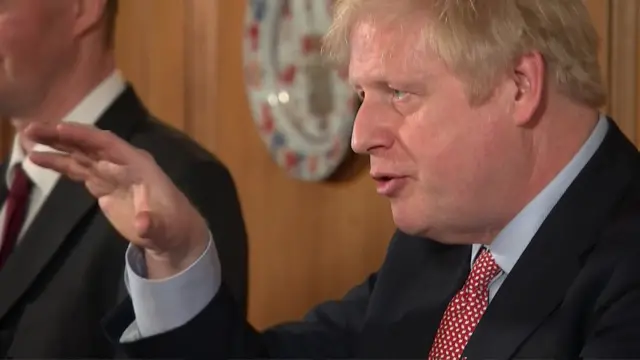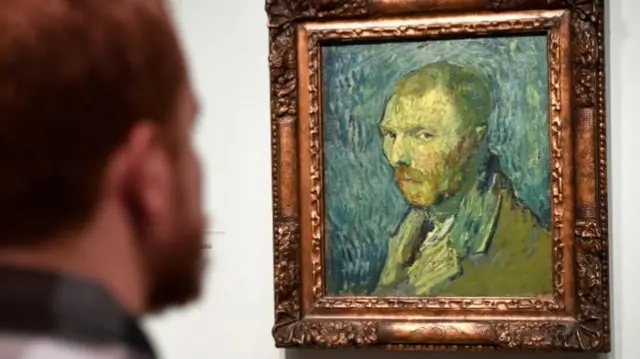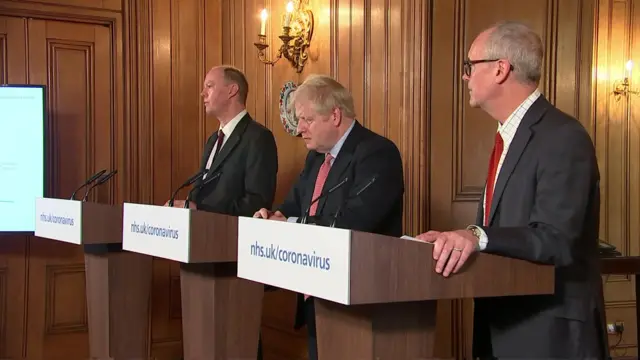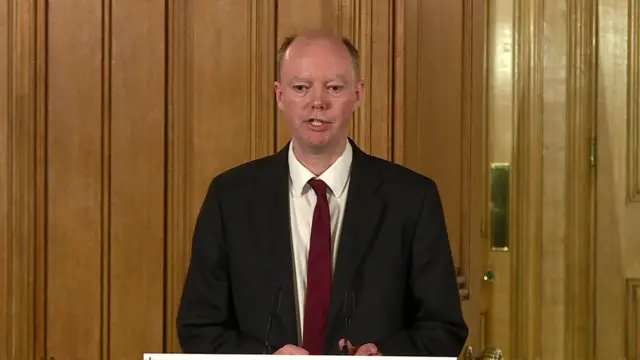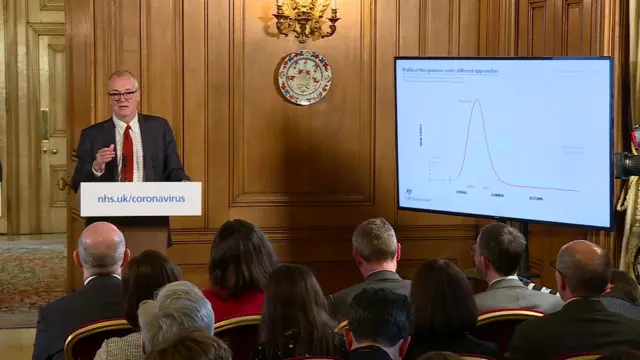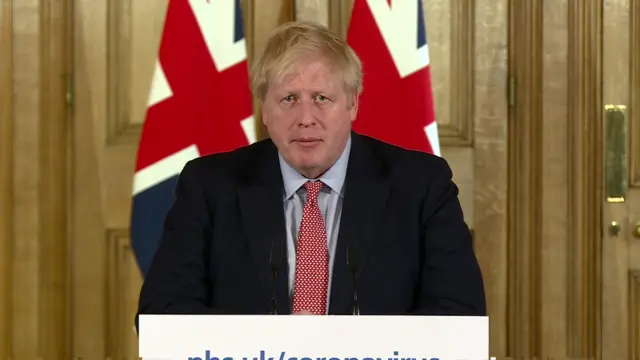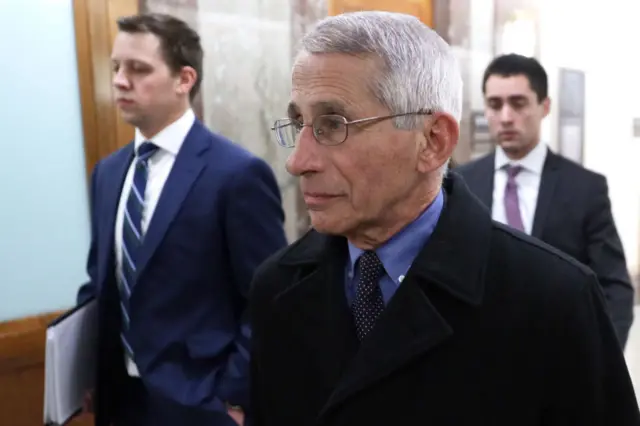India reports first virus deathpublished at 18:11 GMT 12 March 2020
Indian authorities have reported that a 76-year-old man has died in the country after contracting coronavirus.
The unnamed man died yesterday in the southern city of Kalburgi. There was earlier speculation that he had been infected, but test results were only confirmed to the public today.
Five people have tested positive in Karnataka, the region where Kalburgi is based.
